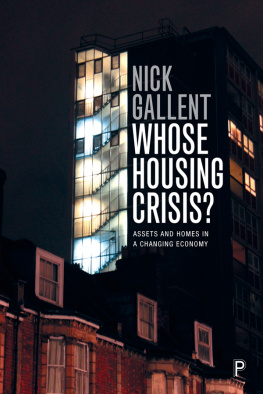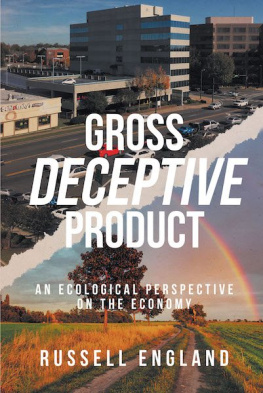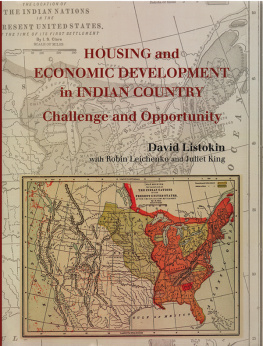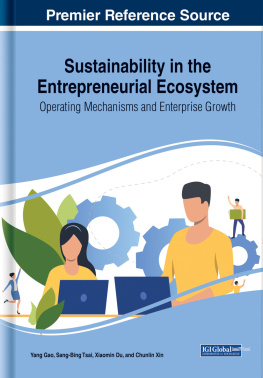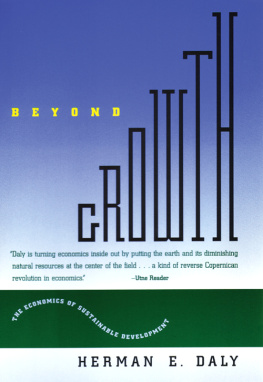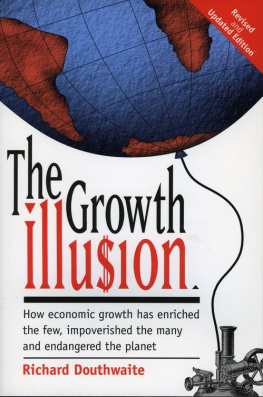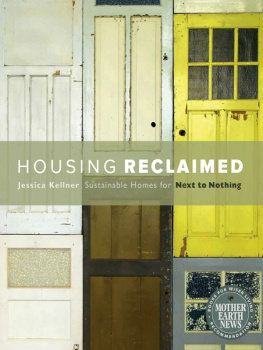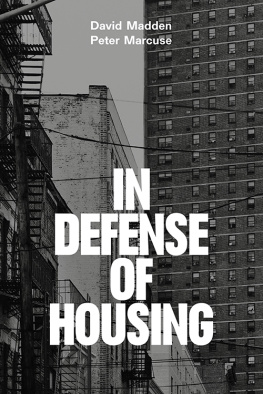Economic Growth and Sustainable Housing
Economic Growth and Sustainable Housing: An Uneasy Relationship critically discusses the possibilities of decoupling environmental degradation from economic growth. The author refutes the belief in combining perpetual economic growth with long-term environmental sustainability based on the premise that economic growth can be fully decoupled from negative environmental impacts. This proposition is underpinned by intensive study in the housing sector from both theoretical and empirical perspectives.
Jin Xue employs critical realism to inform the investigation and organize the argumentation throughout the book. The book is organized into four parts: the first discusses the relevance of critical realism to the research field of housing and urban sustainable development in terms of ontology and methodology. The second makes a transcendental refutation of the possibilities of decoupling economic growth from housing-related environmental impacts by describing trans-factual conditions of full decoupling. The third part presents two case studies to show whether and to what extent decoupling between economic growth and housing-related environmental impacts has historically taken place. Inspired by critical realist ontology, generalization of abstract concepts from the case studies are made to cast light on the implausibility of maintaining perpetual economic growth through decoupling. The final part explains why and how the belief in full decoupling and economic growth is generated and sustained despite its implausibility and non-necessity, which constitutes an explanatory critique of the growth and decoupling ideology and paves the way for the paradigm shift to socially sustainable de-growth.
This book will be of interest to students of housing and urban studies, to students of environmental sustainability and also for those students and academics with a general interest in critical realism.
Jin Xue is Assistant Professor in the Department of Development and Planning at Aalborg University. Dr Xue received her Ph.D. degree in urban planning from Aalborg University in 2012.
Ontological explorations
Other titles in this series:
From One Empire to the Next
Radha D'Souza
Science for Humanism
The recovery of human agency
Charles R. Varela
Philosophical Problems of Sustainability
Taking sustainability forward with a critical realist approach
Jenneth Parker
Dialectic and Difference
Dialectical critical realism and the grounds of justice
Alan Norrie
Interdisciplinarity and Climate Change
Transforming knowledge and practice for our global future
Edited by Roy Bhaskar, Cheryl Frank, Karl Georg Hyer, Petter Naess and Jenneth Parker
Conversations about Reflexivity
Edited by Margaret S. Archer
Relational Sociology
A new paradigm for the social sciences
Pierpaolo Donati
Sociological Realism
Edited by Andrea M. Maccarini, Emmanuele Morandi and Riccardo Prandini
The Economics of Science: A Critical Realist Overview
Volume 1: Illustrations and philosophical preliminaries
David Tyfield
The Economics of Science: A Critical Realist Overview
Volume 2: Towards a synthesis of political economy and science and technology studies
David Tyfield
Ontology Revisited
Metaphysics in social and political philosophy
Ruth Groff
Childhoods, Real and Imagined
Volume 1: an introduction to critical realism and childhood studies
Priscilla Alderson
Naturalizing Critical Realist Social Ontology
Tuukka Kaidesoja
What's Critical about Critical Realism?
Essays in reconstructive social theory
Frederic Vandenberghe
Economic Growth and Sustainable Housing
An uneasy relationship
Jin Xue
First published 2014
by Routledge
2 Park Square, Milton Park, Abingdon, Oxon OX14 4RN
Simultaneously published in the USA and Canada
by Routledge
711 Third Avenue, New York, NY 10017
Routledge is an imprint of the Taylor & Francis Group, an informa business
2014 Jin Xue
The right of Jin Xue to be identified as author of this work has been asserted by her in accordance with sections 77 and 78 of the Copyright, Designs and Patents Act 1988.
All rights reserved. No part of this book may be reprinted or reproduced or utilised in any form or by any electronic, mechanical, or other means, now known or hereafter invented, including photocopying and recording, or in any information storage or retrieval system, without permission in writing from the publishers.
Trademark notice: Product or corporate names may be trademarks or registered trademarks, and are used only for identification and explanation without intent to infringe.
British Library Cataloguing in Publication Data
A catalogue record for this book is available from the British Library
Library of Congress Cataloging in Publication Data
A catalog record for this book has been requested
ISBN: 978-0-415-82508-5 (hbk)
ISBN: 978-1-315-88739-5 (ebk)
Typeset in Times New Roman
by Wearset Ltd, Boldon, Tyne and Wear
The first time when I was introduced to the topic of decoupling economic growth from environmental impacts by Professor Petter Nss, I was very optimistic. I was born in a big city in the eastern part of China in the early 1980s, the first generation after China's economic reform which took place in the late 1970s. I therefore have grown up in a period with dramatic improvements in material living standards attributed to explosive economic growth. It is not difficult to imagine how the commitment to economic growth is deeply rooted in my value system and in the minds of most Chinese. For me, the initial idea of working on this topic was to figure out the useful decoupling strategies that can be applied to China, as I know how severely the environment has been degraded in the past three decades and I took it for granted that continual growth will be desirable in future.
However, along with the in-depth study, I began to realize the limited capability of prevailing contemporary environmental policies in dealing with environmental problems in the field of housing and urban development both in Denmark and China. This has diverted my focus from exploring a society of green growth with an optimistic viewpoint to the limits of decoupling strategies by taking a critical point of view. This is not to say that I deny any efforts in decoupling economic growth from environmental impacts, but rather that I realize that decoupling alone is not sufficient to reach sustainability. Meanwhile, the reinvigorated criticism of economic growth in Western countries together with my participation in the second and third international de-growth conferences in Barcelona in 2010 and Venice in 2012 has broadened my horizon and spurred me to reflect upon our commitment to eternal growth as an overarching policy goal and my own perception on the quality of life. The final book presented here is therefore a journey of transcending my own values, which will influence my living attitudes and choices in future.



